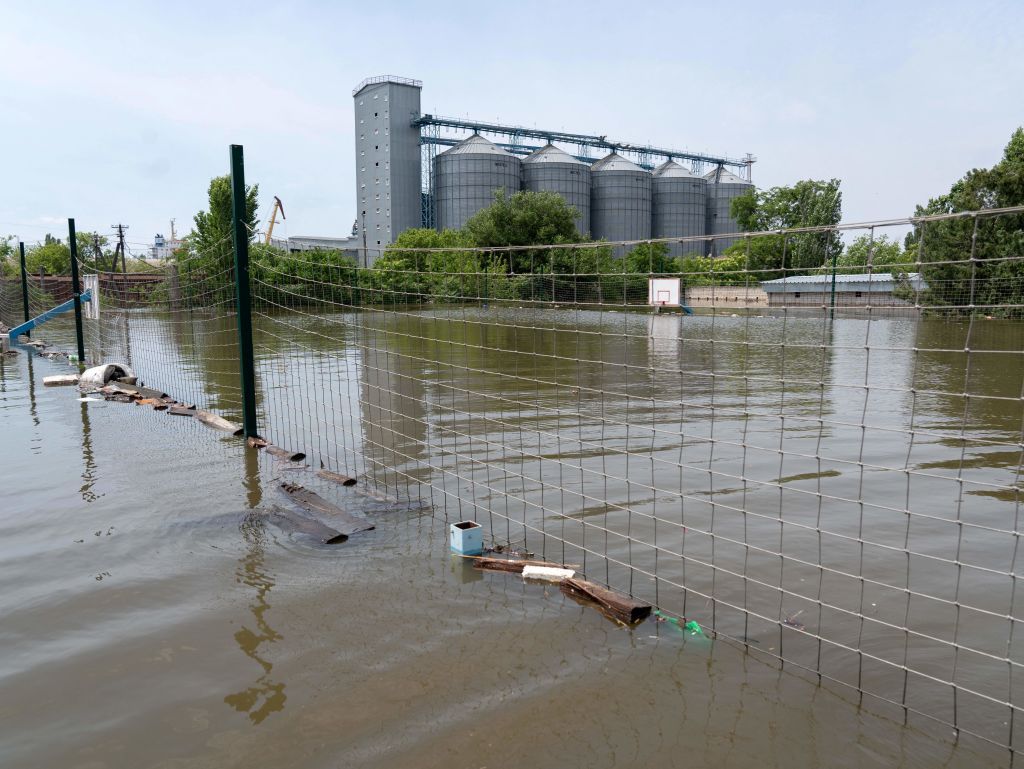Health Minister Viktor Liashko told BBC News on June 15 that the water in the Dnipro River is "tens of thousands of times" more polluted due to the Kakhovka dam breach.
Liashko explained that this radically increases the risk of spreading infectious diseases among the affected population.
The flooding affected sewage, cattle burial grounds, and cesspools. Such contaminated water can cause bacterial intestinal infections, such as cholera, and viral and parasitic outbreaks.
By some indicators, pollution levels to 28,000 times higher than normal, Liashko warned.
As of yet, cases of cholera infection have not yet been detected among the population and people can protect themselves by following safety measures, the minister added.
These precautions include avoiding swimming, fishing, and drinking water from the river anywhere below the Kakhovka dam. Swimming at the Black Sea coast is currently also forbidden.
It is not yet clear when will the river and the sea become clean again, the minister said.
Liashko noted that the state services are working on ensuring the supply of drinking water. Demining and removal of pollutants from the water are also required.
According to the minister, the government invested 1.5 billion Hr. ($40.6 million) to Mykolaiv, Kherson, Zaporizhzhia, and Dnipropetrovsk oblasts, those affected by the disaster.
The full extent of the environmental damage caused by the Kakhovka dam cannot yet be estimated, he added.
The Kakhovka dam collapsed on June 6, causing a large-scale environmental and humanitarian disaster, including massive flooding of the Dnipro River. Ukraine's military said that Russian forces destroyed the dam.

On June 16, the Interior Ministry reported that 13 settlements on the river's right bank and 17 on the left bank remain flooded. Over 3,000 people have been evacuated from Kherson and Mykolaiv oblasts.
On June 13, Defense Ministry's Military Media Center confirmed the presence of E. coli and cholera in the waters near the city of Kherson, but not in high concentrations.
The State Border Guard in the port city of Odesa said that the seaside is turning into a "garbage dump and an animal cemetery" as debris from the flooded river washes into the sea.












